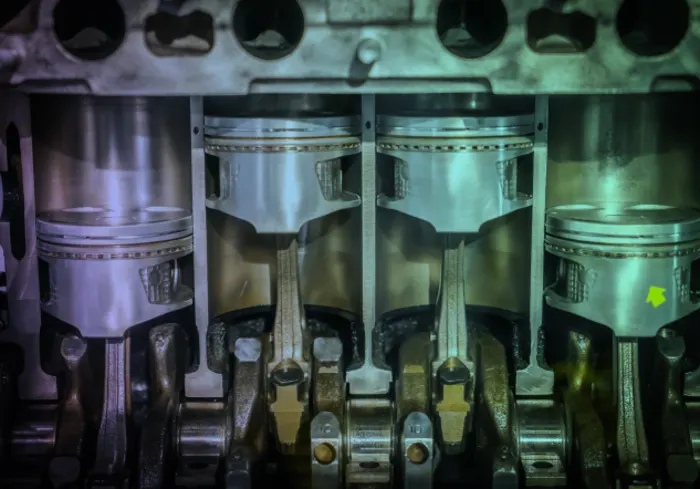
INFLUENCE OF FUEL ON
DIESEL ENGINE OPERATION
When it comes to equipment running on diesel fuel, we usually imagine powerful, large-sized machines: trucks, tractors, buses and even trains. It is assumed that such mechanisms operate in extreme conditions and under increased loads, which means they have special requirements for fuel quality.

What if diesel is not winterized? Or does it have a high paraffin content? Starting the engine in severe frost will be impossible, but simple equipment and repairs will be guaranteed.
Diesel fuel of low quality may contain various impurities, which accumulate in the fuel system and cause clogging of filters and injectors. Such a situation in the working process will inevitably lead to the need for an extraordinary replacement of consumables, working with “clogged” filters is unsafe for the engine.
When burning diesel fuel carbon deposits may form, which, when using low-quality petroleum product it will accumulate on valves and pistons, which necessarily leads to a decrease in engine power. The same problem will arise if the cetane number of diesel fuel does not match in this case, another “headache” will be added - increased smokiness.
If diesel fuel is of low quality or of dubious origin, then emissions, produced by equipment during operation do not comply with environmental safety standards and this is a risk to human health (especially the driver of the car), as well as undoubted harm to the environment.
It is possible to find out the quality of diesel fuel, its composition, and compliance with the expected operating conditions of the mechanisms only by examining samples in a petrochemical laboratory. This will save you from forced downtime of equipment, additional repair costs and litigation, associated with harmful emissions into the atmosphere.